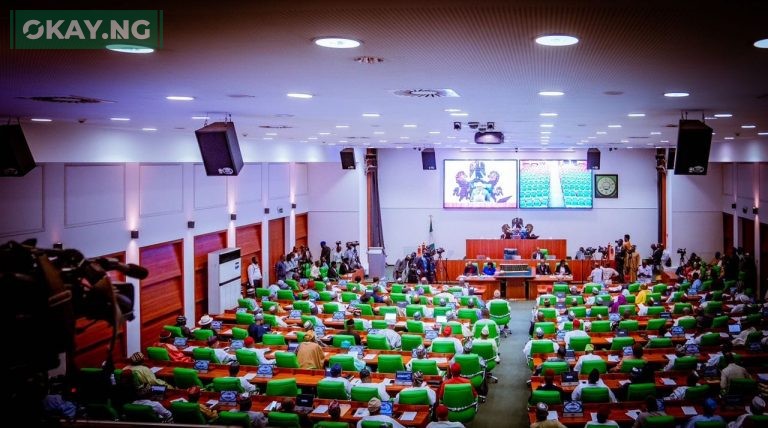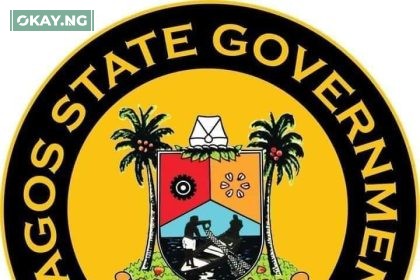The House of Representatives has officially passed the Nigeria Insurance Industry Reform Act 2024, in a move poised to fundamentally reshape Nigeria’s financial landscape. This landmark legislation introduces a comprehensive legal and regulatory framework designed to bolster the insurance sector while prioritising the protection of policyholders.
For many Nigerians, insurance has often been viewed with scepticism, a perception fuelled by inconsistent practices and outdated regulations. This new Act, however, seeks to instill confidence and trust by modernising the industry’s foundation. As one might imagine, the implications are far-reaching.
“The primary objective of the bill is to regulate the insurance industry to develop the sector and protect the interests of policyholders, prospective policyholders, and other stakeholders,” the Act states, signalling a clear shift towards consumer-centricity.
Key Provisions and Impact
The Act’s most significant reforms include:
- Category and Capital Requirements: The legislation recognises two primary insurance classes: life and non-life. Crucially, it mandates substantial increases in minimum capital requirements: N15 billion for non-life, N10 billion for life, and N35 billion for reinsurance, or risk-based capital, whichever is higher. This move is designed to ensure that only financially robust entities operate within the sector. “In Section 15, Part IV, the bill stipulates minimum capital requirements,” reflecting a clear intent to stabilize the market.
- Licensing and Regulation: The Act establishes stringent licensing requirements, ensuring that only qualified individuals and entities conduct insurance business. “A person shall not commence or carry out insurance, reinsurance, or related business in Nigeria unless licensed by the commission,” as outlined in Part III. This addresses historical concerns about unqualified operators.
- Repeal of Outdated Laws: A significant aspect of the reform is the repeal of several outdated laws, including the Insurance Act, Cap 117, and others from the 2004 Laws of the Federation. This consolidation streamlines the regulatory environment, making it more efficient and transparent.
- Deposit Requirements: Insurers starting operations after the bill’s enactment must deposit 50% of the minimum capital with the Central Bank of Nigeria. Existing companies are mandated to deposit 10%. This provision is designed to ensure financial commitment and stability.
Read Also: Nigerian Insurance Sector Shows Resilience, Assets Surge 5.1% in Q3 2024
Implication
For the average Nigerian, these reforms translate to greater security and peace of mind. Policyholders can now expect stronger protections against fraudulent practices and financial instability within insurance companies. The higher capital requirements, while potentially challenging for smaller operators, are intended to create a more resilient and trustworthy industry.
From my perspective, this Act is a crucial step towards fostering a more mature and reliable financial ecosystem in Nigeria. The increased capital requirements, while stringent, are necessary to safeguard against systemic risks. When policy holders know their funds are backed by strong companies, they are more likely to participate in insurance products, which can have a huge effect on economic stability.
The requirement for existing companies to deposit 10% of the new minimum capital with the Central Bank of Nigeria will put pressure on some existing firms. Some smaller firms may need to merge with larger ones to meet the new regulations.
The passing of this Act marks a pivotal moment for Nigeria’s insurance sector. It is a clear signal that the government is committed to creating a robust and reliable financial environment. As the Act is implemented, it will be crucial to monitor its impact on both industry players and policyholders, ensuring that its intended benefits are realised.













